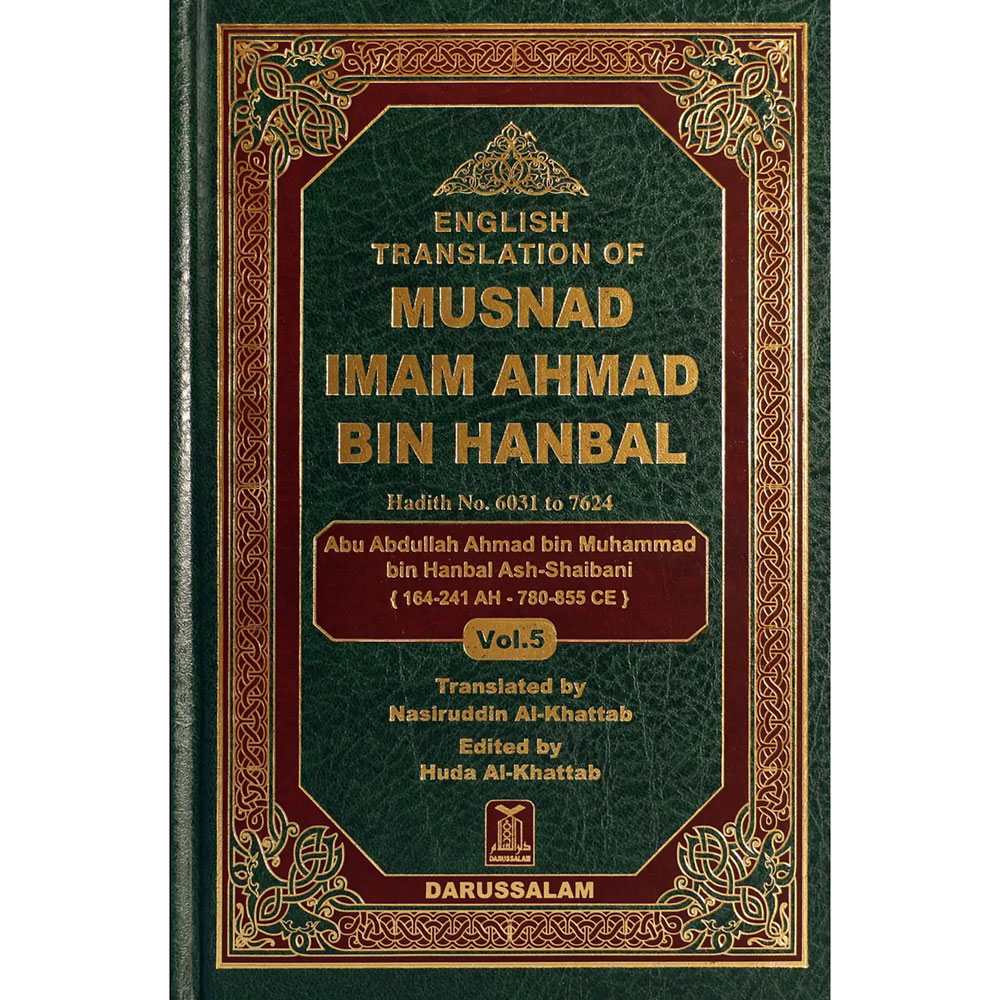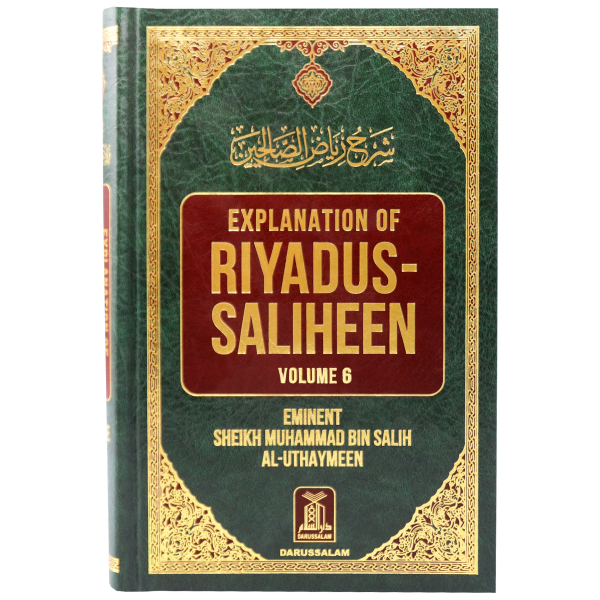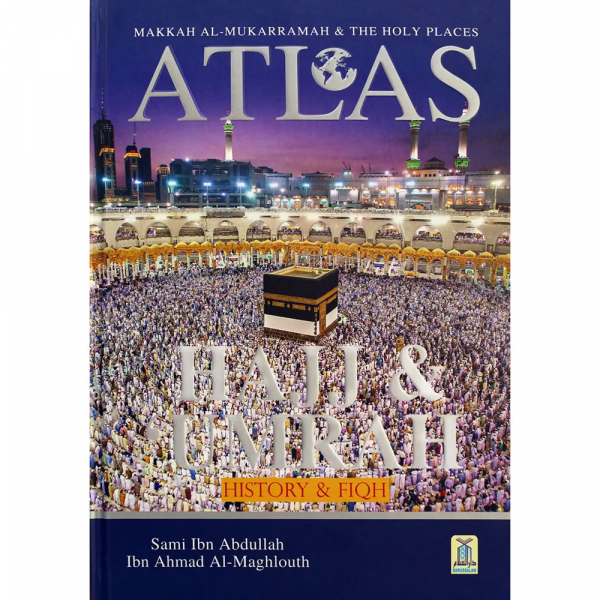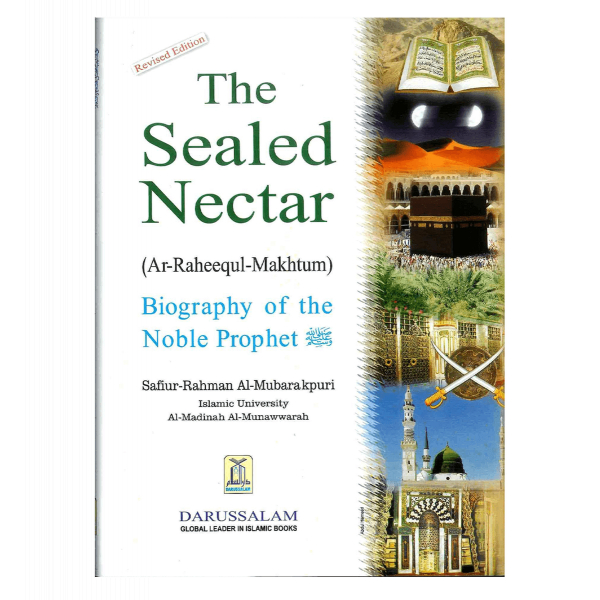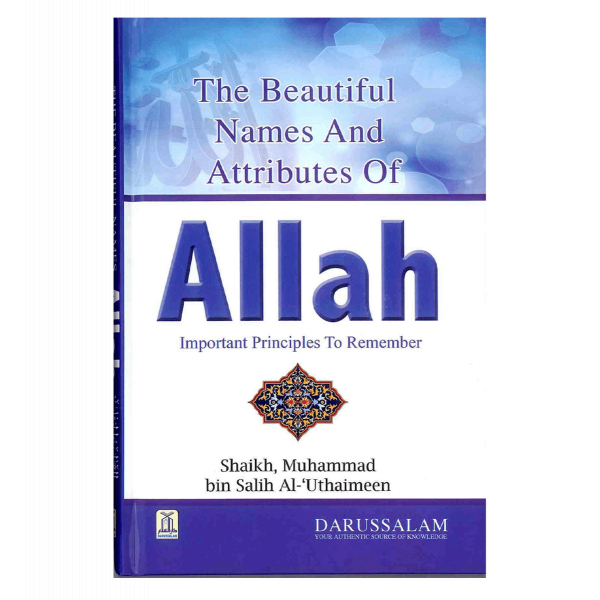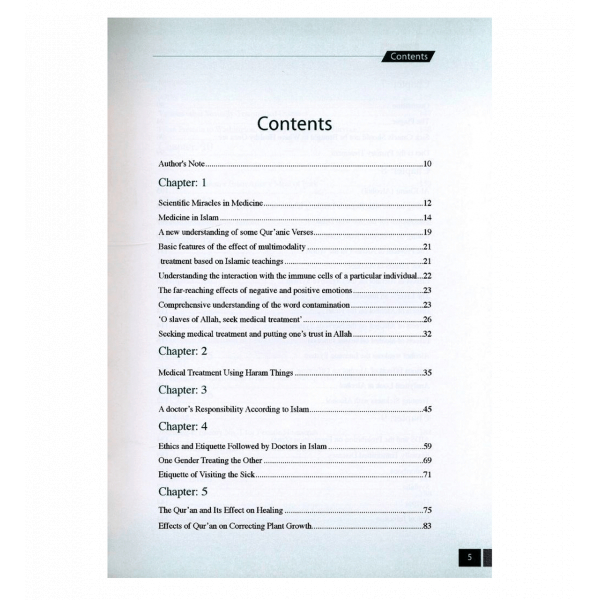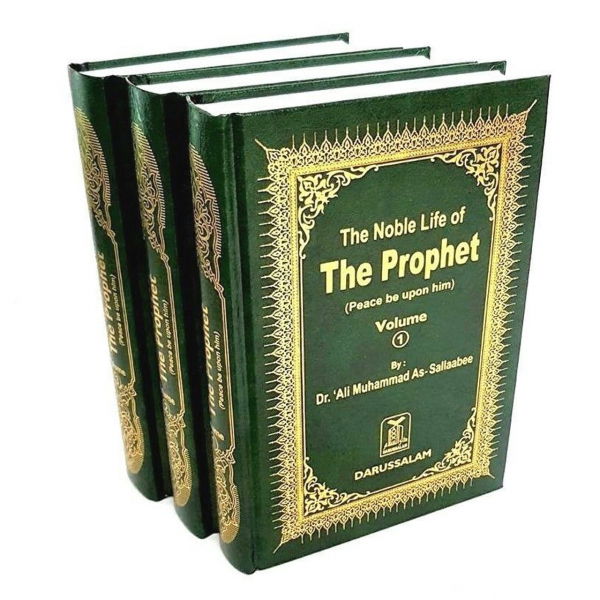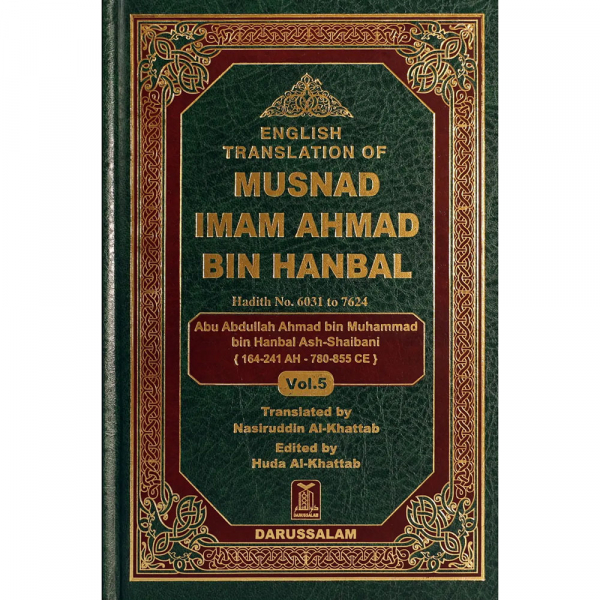English Translation of Musnad Imam Ahmad Bin Hanbal Vol 5 (Hadith 6031-7624)
Author: Abu Abdullah Ahmad bin Muhammad bin Hanbal Ash-Shaibani
Published by: Darussalam
Darussalam is proud to present the fifth volume of Musnad Imam Ahmad in Arabic with side by side English translation and comments regarding authenticity.
One of the greatest compilations of the Sunnah and books of hadith is the Musnad by Imam Ahmad bin Hanbal, which is organized into compilations of the hadiths narrated by each Companion (Sahabi), starting with the ‘asharah mubashsharah (“the men who were promised Paradise”). This highlights their status and the efforts they made to preserve the ahadeeth of the Messenger of Allah (S). The scholars and muhadditheen praised the Musnad of Imam Ahmad. Al-Hafiz Abu Moosa al-Madeeni wrote a book in which he highlighted the great features of the Musnad. In his book he said: “This book is an important source and trustworthy reference for the scholars of hadeeth, as he (Imam Ahmad) selected from a large number of hadith he came across and the plentiful reports he heard, and he put a great deal of effort into making it a prominent, leading and reliable source. When disputing an issue, it is a refuge and a source of help.
Musnad Imam Bin Hanbal
Allah, may He be glorified and exalted, chose from among His slaves the best of the scholars and gave them the honour of conveying the Prophet’s (PBUH) sayings.
First and foremost among these upright scholars are the noble Companions (Sahabah), who learned the Revelation from the Messenger of Allah (PBUH) and then conveyed it precisely to those who came after them among the Followers (Tabi’een). Then the Tabi’een transmitted it to those who came after them, until there came the time of documentation when the Imams of hadiths compiled the books known as Jawami`, Masanid and Sunans.
One of the greatest compilations of the Sunnah and books of hadeeth is the Musnad by Imam Ahmad bin Hanbal, which is organised into compilations of the Hadiths narrated by each Companion (Sahabi), starting with the ‘ashra mubashshara.

